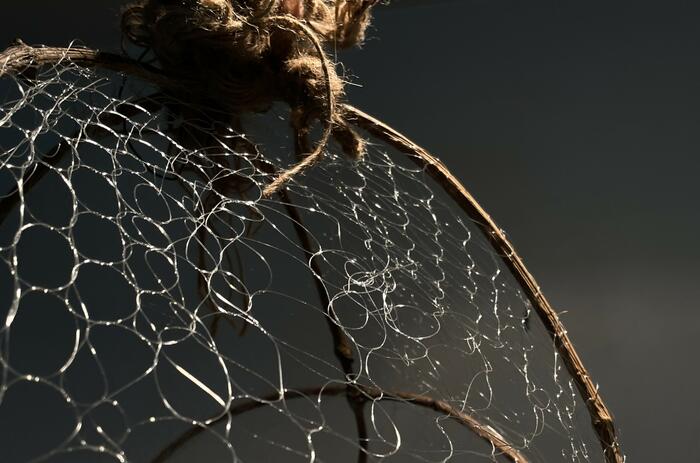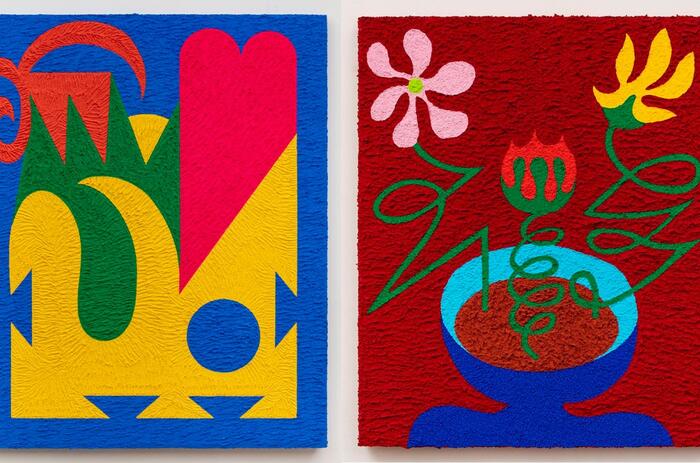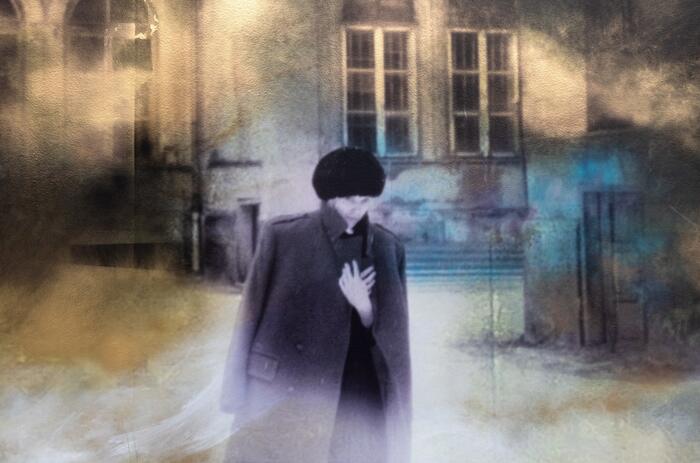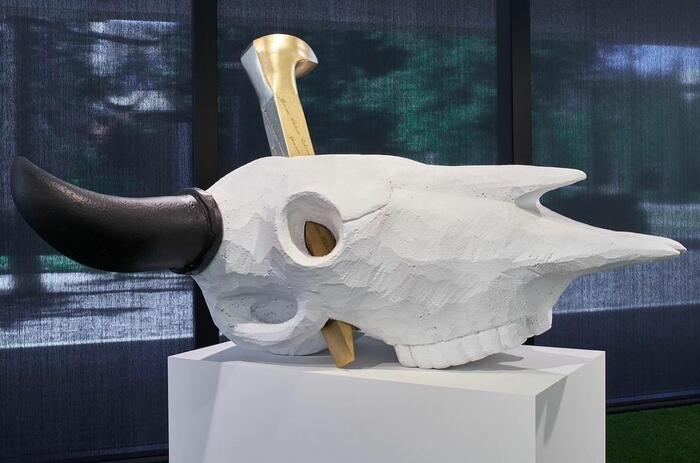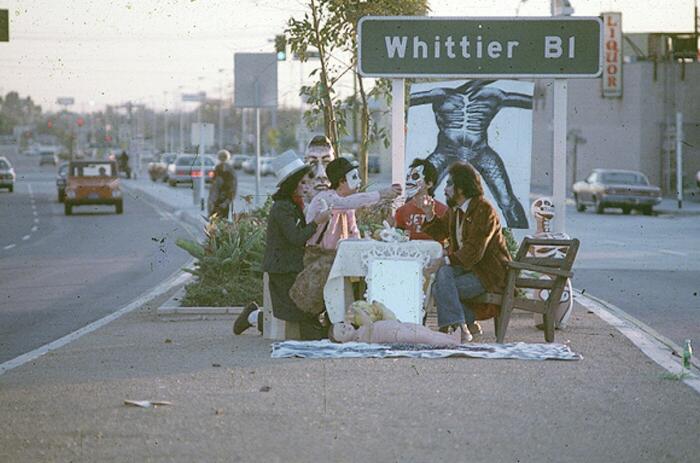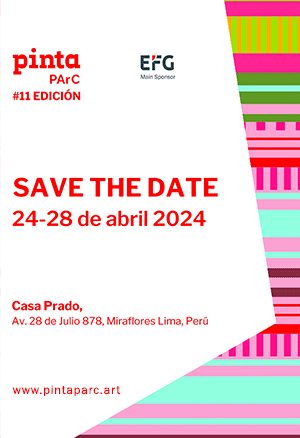AN ECOSYSTEM OF UNITED TERRITORIES. THE COLLECTIVE EXHIBITION IN CARA
Center for Art, Reserch and Alliances (CARA), presents the exhibition And we learn to keep the soil wet, gathering the practices of nine artists engaged with an ethics of intimacy and reciprocity.
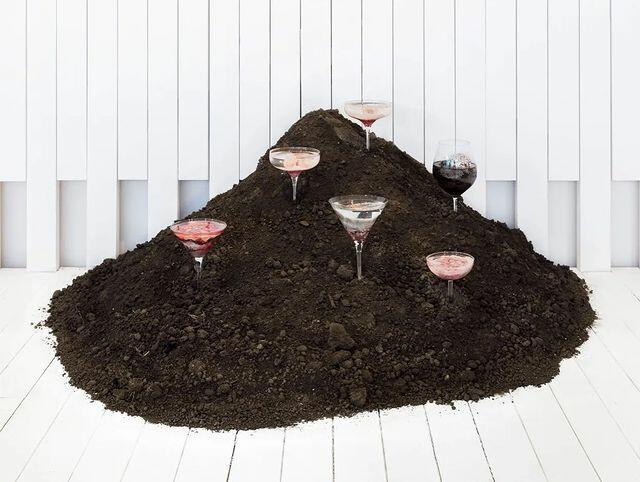
These artists experiment with visual and sonic vocabularies that consider nature, the body, and technology not as divided territories, but as products of solidarities and conciliations. The works in this show reflect on the importance of relational thinking and sensing beyond the human, recuperating and nurturing links between people and other forms of life. Developing these expansive connections is a process of collective world-making rooted in care.
The soil and the corporeal, for instance, manifest these forms of interdependence. They carry histories of violence while nourishing cycles of growth and decay that act as catalysts for transforming social and racialized relationships. From varying perspectives, Antonio Henrique Amaral, Ane Graff, Timothy Yanick Hunter, Kite, Ana María Millán, Ebony G. Patterson, Khari Johnson Ricks, Suellen Rocca, and Zheng Bo defy their given or imposed territories through works that have grown out of emotional architectures, like the space of dreams, the resilience of forests, the memories of the flesh, and the connections between the gut and the brain.
The exhibition moves towards alternative structures of kinship. It invites the imagination of a world that is overflowing with Queer joy, where pleasure can act as a conduit for liberation from racial capitalism. Dreaming such a world requires the understanding that meaning-making and somatic and artificial knowledges are something all beings practice within both built and natural environments. We are invited, thus, to broaden the scope of our care, creating nodes of sympathy between everyday performativities and the enormity of ecosystems. Through an insistence on porosity, these works embody inter-connection outside of structures of oppression; where earth and the gut are mutually dependent, where technology melds with the natural world, and where reciprocity mobilizes solidarity. Such expanded forms of community are part of the continuous transformation of the earth's life systems.
This show is part of CARA’s ongoing reflections on how universalized definitions of the body have gained cultural dominance and been maintained through processes of oppressions and erasures. Instead, the institution hopes to consider the body and its environments as porous organisms, in ongoing processes of co-creation and influence. Through this we can begin to move towards a world that honors the diversity of life, understanding that preserving and caring for the earth also means caring for all of the beings that inhabit it.
-
Exhibition views. Photo: Greg Carideo.
-
Exhibition views. Photo: Greg Carideo.
-
Exhibition views. Photo: Greg Carideo.
-
Exhibition views. Photo: Greg Carideo.
-
Exhibition views. Photo: Greg Carideo.
-
Ane Graff. The Goblets (soil edition), 2021. Courtesy of Stavanger Kunstmuseum. Photo credit: RH studio.
-
Zheng Bo, Pteridophilia 1, 2016. Courtesy of the artist.

